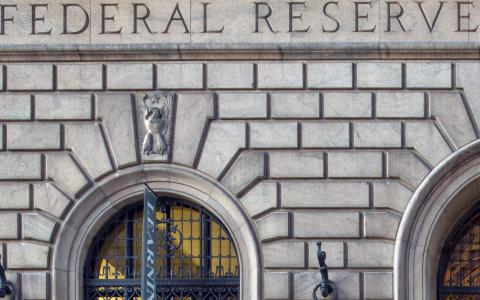
The latest inflation report has significantly influenced market dynamics, with bond yields rising sharply and stock prices taking a considerable hit.
This development has rekindled concerns about a potential recession, as indicated by one economist during a Bloomberg TV interview on Thursday. The underlying issue is the Federal Reserve's strategic decisions, which could inadvertently lead to a recession as a byproduct of efforts to manage inflation rates.
Ian Lyngen, head of US rates strategy at BMO Capital Markets, elaborated on this during the interview. He highlighted that persistent high inflation could corner the Federal Reserve into triggering a recession to maintain its 2% inflation target. "If inflation continues at this rate, the Fed may be forced into inducing a recession to achieve their inflation targets," Lyngen noted.
This commentary was in response to the latest consumer price index data released on Wednesday, which reported a 3.5% increase on an annual basis—surpassing the forecasted 3.4%. This figure also exceeded inflation metrics from the preceding months of January and February.
As a result, the likelihood of the Federal Reserve pivoting on interest rates as soon as June has diminished. Futures markets have adjusted their expectations, now viewing September as a more probable timeframe for easing, though the probability remains under 50%, according to the CME FedWatch Tool.
Lyngen further pointed out that the current federal funds rate range of 5.25% to 5.50% might not be sufficiently restrictive to curb inflation effectively. This situation has led to heightened discussions around the possibility of further rate hikes.
Supporting Lyngen's perspective, Frances Donald, Chief Economist at Manulife Investment Management, also expressed concerns during the Bloomberg interview. She emphasized the growing risk of a recession as the Federal Reserve appears to lack the data support needed for rate cuts in the near term. "The fading prospect of rate cuts necessitates a reassessment of risks, potentially leading to prolonged higher rates until a significant economic shift occurs," Donald remarked.
In the midst of these developments, some analysts are advocating for a recalibration of the Federal Reserve's inflation target from 2% to 3% to mitigate these risks. Notably, esteemed economist Mohamed El-Erian has voiced concerns that without adjusting the inflation target, interest rate policies might need to remain unchanged for an extended period to reach the current 2% goal.



